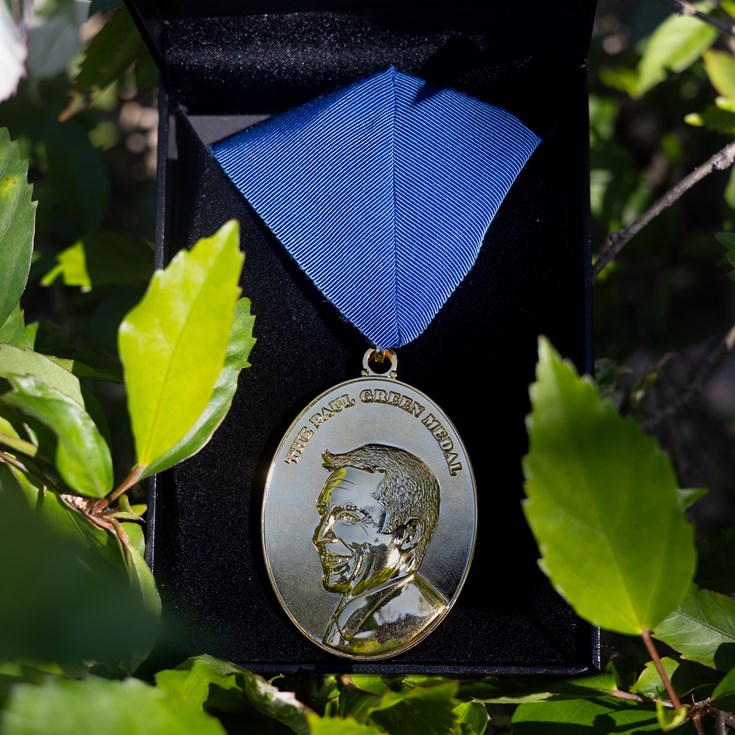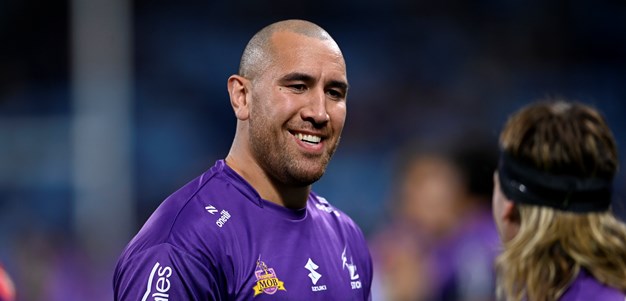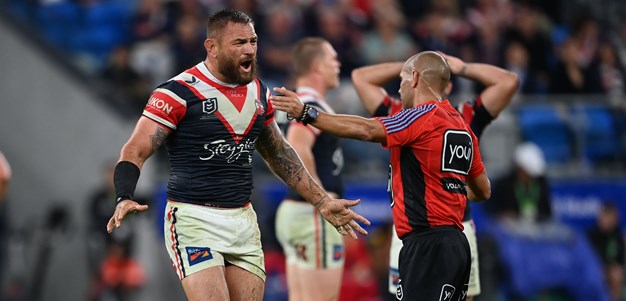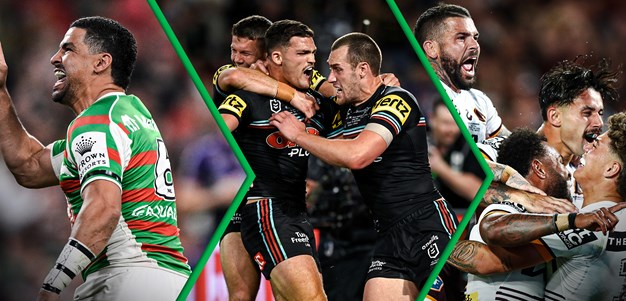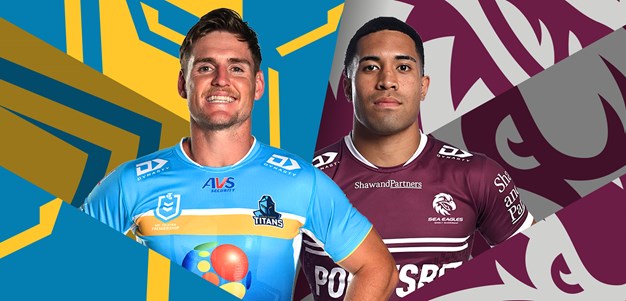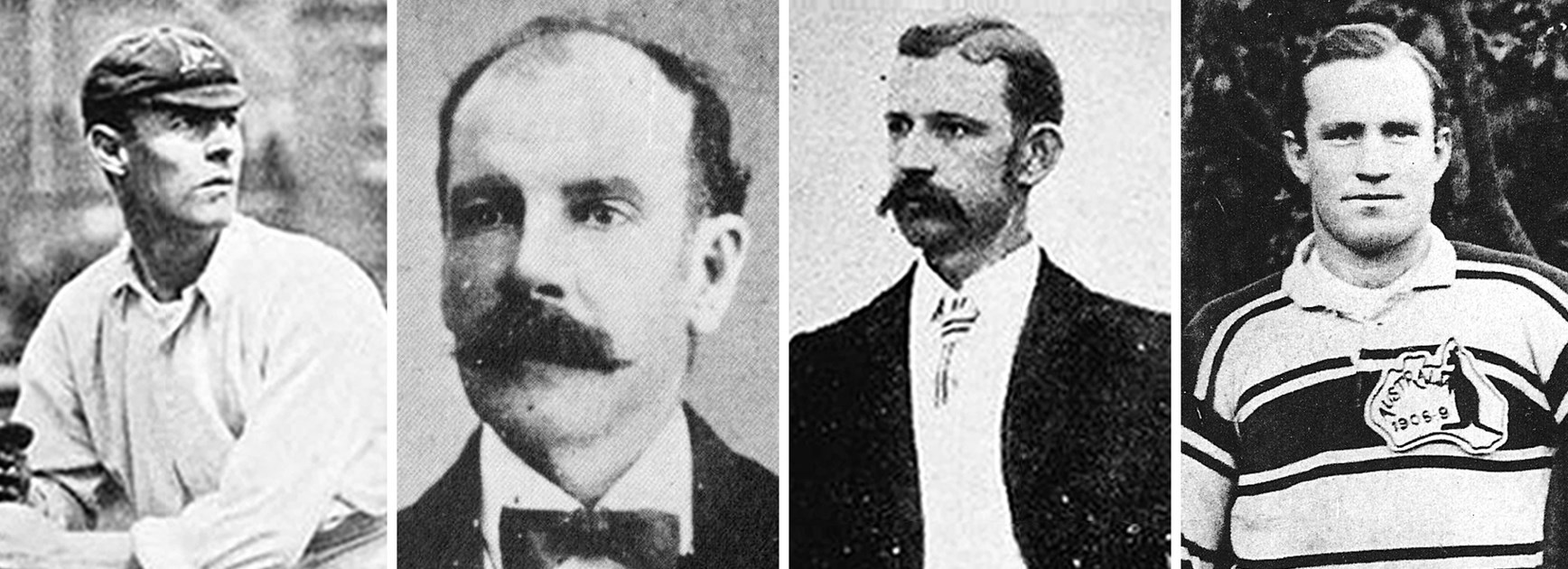
Henry Clement Hoyle's name is not known by many followers of rugby league in Australia but if not for his solitary vote, the game may never have existed.
During 1907, there was a growing discontent within rugby union player ranks in Australia, leading to a semi-revolt in which some players became keen to create their own competition based on the Northern Union game being played in England.
Test cricketer Victor Trumper, entrepreneur James Giltinan and Hoyle regularly met for discussions with disgruntled players at Trumper's sports store. These talks inevitably lead to a mass player revolt by the players, who took an enormous risk to create a breakaway competition.
On August 8, 1907, at Bateman's Crystal Hotel, Hoyle was elected as the inaugural president of the NSWRL, alongside James Giltinan (secretary) and Victor Trumper (treasurer). The trio helped finance the birth of rugby league in Australia.
A week after the NSWRL was formed, Hoyle, Trumper and Giltinan hastily organised three matches between the New Zealand team en route to England, known as the All Golds, and the best of the players in NSW who had decided to jump codes.
The NSW team lost all three games in close contests, which were played in the space of a week, but they were a great promotion for the new game.
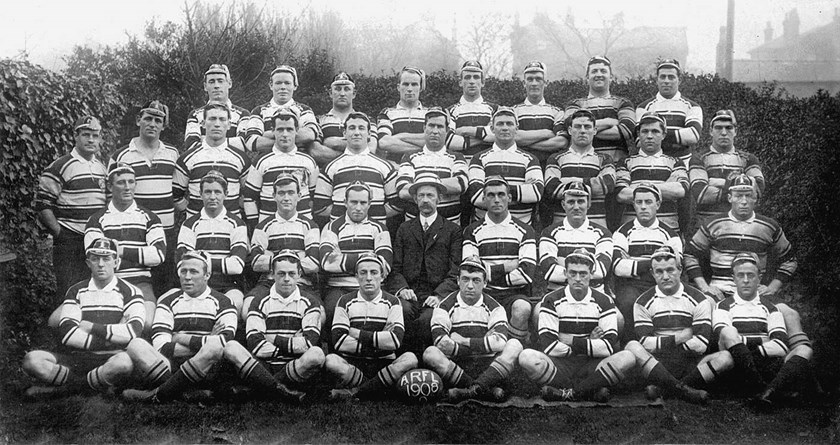
Hoyle made two hurried trips to Newcastle just weeks before the scheduled start of the inaugural 1908 season, upon learning that there was interest in having a team compete in the rugby league.
Giltinan urged Hoyle to get Newcastle in the competition so as to avoid having byes, as they only had seven teams ready for kick off at the time (Balmain, Easts, Glebe, Newtown, Norths, Souths and Wests).
Hoyle then chaired a meeting where the committee and players had to decide whether to play rugby union rules, or whether to adopt the Northern Union rules. After a vigorous debate, Hoyle had to cast the deciding vote, which he made in favour of the Northern Union rules.
And rugby league was born.
At the end of the 1908 season, the NSWRL had a debt of £500. A Kangaroo tour to England was proposed to make enough money to make a profit after the debt had been cleared. The tour was bankrolled by Giltinan and Arthur Rofe (who provided £2000).
The tour was cruelled by abysmal weather and workers strikes in Northern England. This affected gate takings and meant by tour's end, Giltinan had run at a loss, the NSWRFL debt remained outstanding and the Northern Union in England had to pay for return tickets for many of the Australian players.
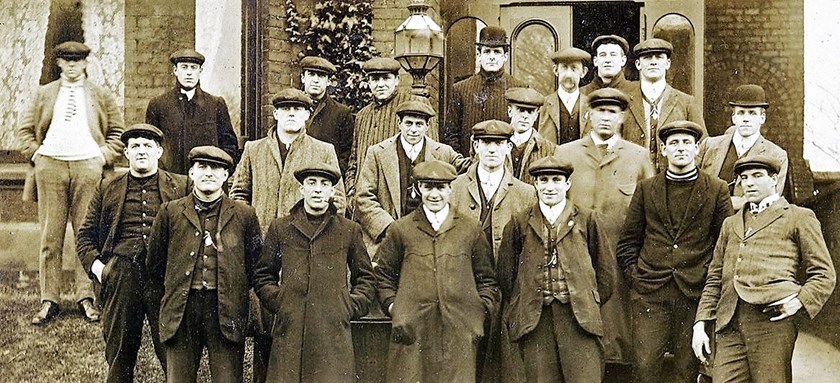
Giltinan managed to repay Rofe £1545, but was eventually taken to court by Rofe who sought to recoup the remaining £455. A protracted case dragged on throughout 1914, which eventually ruled Giltinan had to repay the debt, which led to him declaring bankruptcy.
On March 5 1909, Hoyle was re-elected as NSWRL president before angrily resigning 10 days later over allegations of mismanagement and vote-rigging.
On the same day, Trumper was sacked along with Giltinan amid allegations made by club board members surrounding a secret bank account set up by Trumper, Giltinan and Hoyle.
The Bulletin newspaper explained sums of money were banked into a trust account to help pay marquee players and to generate further interest in the game "by secret but not dishonourable means". Hoyle, Giltinan and Trumper were only guilty of poor bookkeeping.
Hoyle was elected as the inaugural president of the NSWRL, alongside James Giltinan and Victor Trumper. The trio helped finance the birth of rugby league in Australia.
Hoyle was seemingly forgiven by the NSWRFL a few years later and returned to become president of South Sydney in 1913.
Born on November 20, 1852 in Millers Point in Sydney, Hoyle attended a convent in Balmain before transferring to the Fort Street Public School. At 10, he entered the workforce, taking on light duties at a local sawmill before becoming an apprentice blacksmith at P N Russell & Co. Aged 16, he began working on the docks in Balmain.
When he was 24 he joined the Railways Department and within a few brief years became a foreman. He was the key activist in the iron trade strike of 1882 that sought to obtain a better wage for all employees.
This strike lead to him founding and becoming the inaugural president of the Eight-Hours Conference. In 1885 Hoyle founded and became the inaugural president of the Railway and Tramway Association.
In 1877, shortly after he joined the railways, Hoyle married Maria Dillion and soon after, they moved into their first home in Surry Hills. They had seven children born between 1878 and 1895 – Mary, Clement, Myra, Ida, Gladys, Leo and Clifford.
In 1890, the Railway Commissioners issued Hoyle an ultimatum: to surrender his role as President of the Eight-Hours Union or be relieved of his duties as President of the Railway and Tramway Association. Hoyle was given 24 hours to do as requested, but he refused and was subsequently sacked. He quickly set up his own real estate auctioneering business in Darling Harbour.
A year later he joined the NSW Legislative Assembly, as a member of the Protectionist Party until losing his seat at the 1894 election. He then began writing for the Freemans Journal, an Irish Catholic publication.
After a vigorous debate, Hoyle had to cast the deciding vote, which he made in favour of the Northern Union rules. And rugby league was born.
Hoyle returned to politics in 1910, joining Labor to pick up a surprising win for the seat of Surry Hills over Sir James Graham. He won the seat for a second term in 1913, becoming the Member for Railways and Mines.
It wasn't long before he climbed the ranks to become a senior minister and assistant treasurer. He was involved in a lot of key policies, the most prominent at the time was the prevention of smoking in train carriages occupied by children.
In 1917 Henry Hoyle resigned from the Labor party, returning to Vaucluse and reviving his auctioneering business, which he ran up until his death on July 20, 1926.
His funeral was attended by a large gathering of politicians and former colleagues, however, NSWRFL secretary Horrie Miller was the only attendee to represent rugby league.
